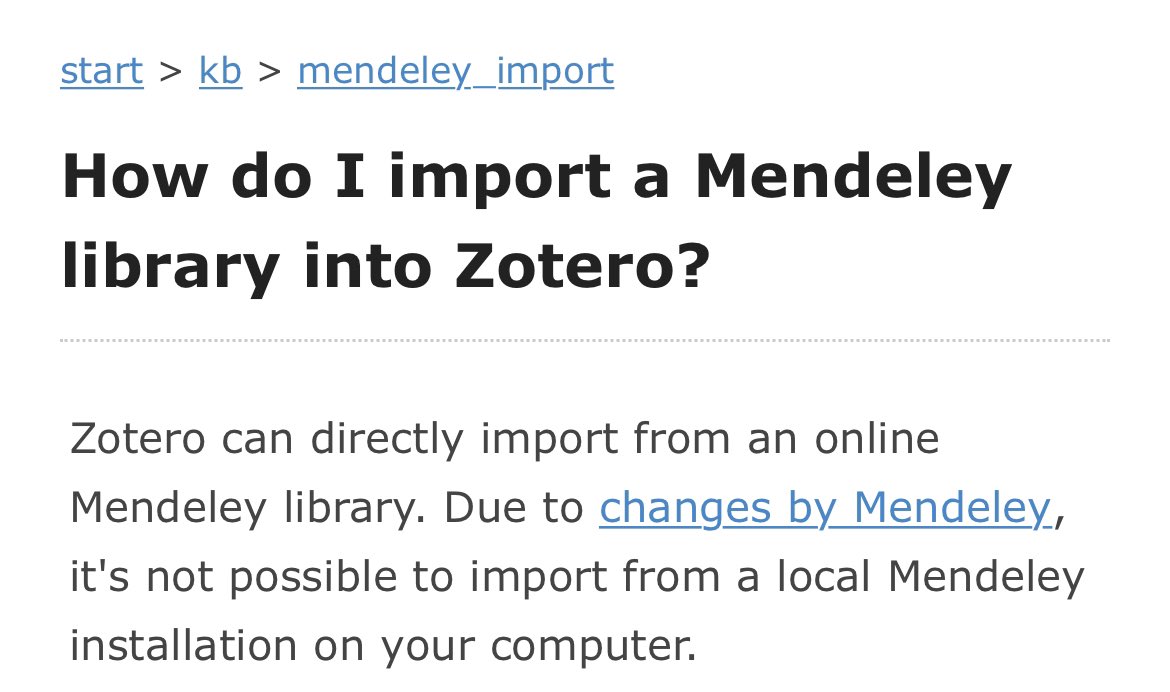
Finally! @FD_Nieuws reports the Dutch DPA is telling all actors in NL to stop profiling users w/ real-time bidding & associated tracking architectures, after the Belgian DPA's ruling on structural inadequacies of the IAB Europe's 'cookie banner' fix, TCF. fd.nl/tech-en-innova… 

IAB Europe didn't comment, but have already said they think, according to hand-wavey legal logic, that enforcement against any RTB actor shouldn't be allowed while a *national* appeal concerning *them*, not any other actor, is pending in Belgium. Really? perma.cc/SS32-P6D9 

Long read (longer than we intended) on the whole IAB Europe/Belgian DPA ruling coming out soon from me, @MidasNouwens, @Cristianapt, watch this space...
• • •
Missing some Tweet in this thread? You can try to
force a refresh


















